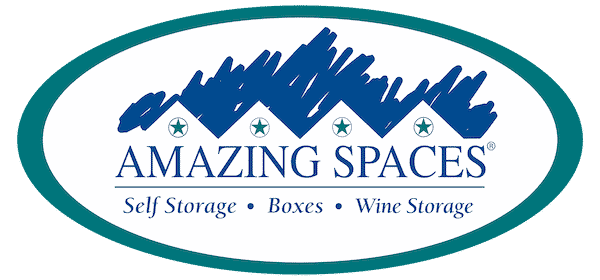Top 4 Tips as You Prepare for Your Real Estate Closing
Most buyers and sellers can’t wait to race to their real estate closing day. It’s the day where everything becomes official and the home buying process comes to its end. It’s a big day for everyone involved and it’s important to be prepared.
There are a lot of factors to get straightened out to make it a smooth transition, but this process can be done easily without any problems if you stay organized. To avoid any potential issues, keeping a check list of what needs to be accomplished will help you close on your real estate as quickly as possible.
Here is a list of items to consider as you prepare to close:
Cover your Contingencies
Generally, when closing a house, buyers are faced with a variety of purchase agreement contingencies. When you suspect that something may be wrong with the house, you have the right to have the home professionally inspected as house inspection contingency.
Although this is can be a bit costly, this could be in an investment that changes your decision on the sale completely. An appraisal contingency will allow a third party hired by your mortgage lender to evaluate the home’s fair market value.
This contingency lets you back out of deals without losing your earnest money deposit if the appraised value is less than the sale price. Another contingency option is a financial contingency, which enables you to back out of a deal if your mortgage is not approved.
Take Title to the Property
Be sure to claim legal ownership of property for local and public land records. This includes having your mortgage lender search for your title and purchasing title insurance to protect you from legal claims. It will also guarantee that no one else actually owns the home. Make sure you choose a proper title company with an appropriate license and reputation.
Get Final Home Loan Approval
As you’re going through the closing process after making your down payment, underwriters have to double check that you’ve represented your finances truthfully on your loan application. Underwriters will check your employment with the mortgage company, your credit score, and see that your finances have stayed the same since you were pre-approved for the loan.
If your loan has been approved, review your HUD-1 settlement statement and compare that document to your mortgage payments, the loan’s terms, and any additional fees you’ll need to cover with closing costs. If there are any major discrepancies, you should ask your loan lender to help you.
Final Walk-Through and Closing Documentation
Be sure to schedule a final walk through of the home within 24 hours before closing to make sure the previous owner has vacated and that the home is in the condition that the contract had agreed upon. This is also the time to make sure you’ve cleared everything with the home inspector so that nothing else needs to be fixed before the big move.
BONUS HINT! Here’s what documentation you’ll need at the final closing deal:
- Copy of your contract with the seller
- Proof of homeowner’s insurance
- Home inspection reports
- Bank loan approval paperwork
- Government-issued ID
We hope that these tips have helped guide you through the process and ensure an amazing experience as you close on your new home!



